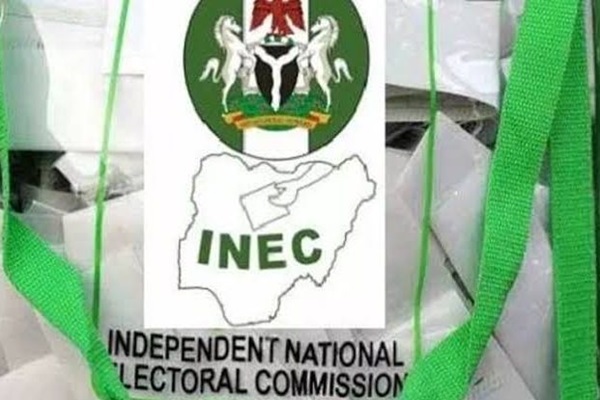The Independent National Electoral Commission (INEC) has revealed that it is currently reviewing 12 fresh applications from different political associations seeking to register as political parties in Nigeria. With these new requests, the number of pending applications now stands at 122, showing a sharp increase in political activities ahead of the 2027 general elections.
This development was made public on Thursday by Mr. Sam Olumekun, who serves as the INEC National Commissioner and Chairman of the Information and Voter Education Committee. He assured Nigerians that the Commission is following due process in treating each application on its merit while respecting the laws guiding political party registration in the country.
Olumekun said, “We assure Nigerians that each application is being evaluated on its own merit and in strict accordance with the law. Regular updates will be provided to the public.”
He, however, raised concerns about the internal crisis affecting some of the political groups. According to him, some of the associations seeking registration have been battling with instability, especially the frequent change of their interim leaders due to internal disagreements or defection of key officers.
He gave an example of one group that had to replace its interim Secretary after the individual defected to another political association, causing confusion and delaying their registration process. INEC warned that such disorganisation and avoidable leadership changes could negatively impact the processing of applications.
“These kinds of disruptions impede our ability to process applications efficiently. We urge all groups to maintain stable leadership and ensure accurate contact information is submitted to avoid unnecessary delays,” Olumekun stressed.
As part of efforts to promote openness and public participation, INEC has now published the names, acronyms, interim executive members, and official addresses of the 12 latest applicants. These details were uploaded on the INEC website and shared across its public information platforms to enable Nigerians track developments and verify claims.
The recent surge in applications shows that political realignments are ongoing across the country as new groups seek space in Nigeria’s evolving political scene. Analysts believe this movement is linked to growing interest by Nigerians to form alternative political platforms ahead of the 2027 elections, especially following dissatisfaction with some of the existing registered parties.
INEC reminded all applicants that registration as a political party is not automatic and that they must strictly comply with the provisions of Section 225 of the Nigerian Constitution. They are also expected to meet all legal and regulatory requirements stated in the Electoral Act, including maintaining a verifiable national spread, proper documentation, and internal democratic processes.
The Commission insisted that transparency and due process will be followed at every stage. It also said it would not lower the standards or rush any application due to political pressure or public noise. According to Olumekun, INEC’s goal is to ensure that only serious and law-abiding political organisations are allowed to operate as political parties in Nigeria.
The electoral body further advised citizens, civil society groups, and the media to continue monitoring the process and report any issues that may arise during the registration stages. INEC said its doors remain open for engagement and feedback on how to improve the credibility of political party registration in Nigeria.
As preparations gradually begin for the 2027 elections, INEC is expected to play a crucial role in regulating the country’s political landscape. The growing number of applications indicates that more Nigerians are eager to participate in politics through new platforms, but the Commission has made it clear that the rules must be followed to the letter.
